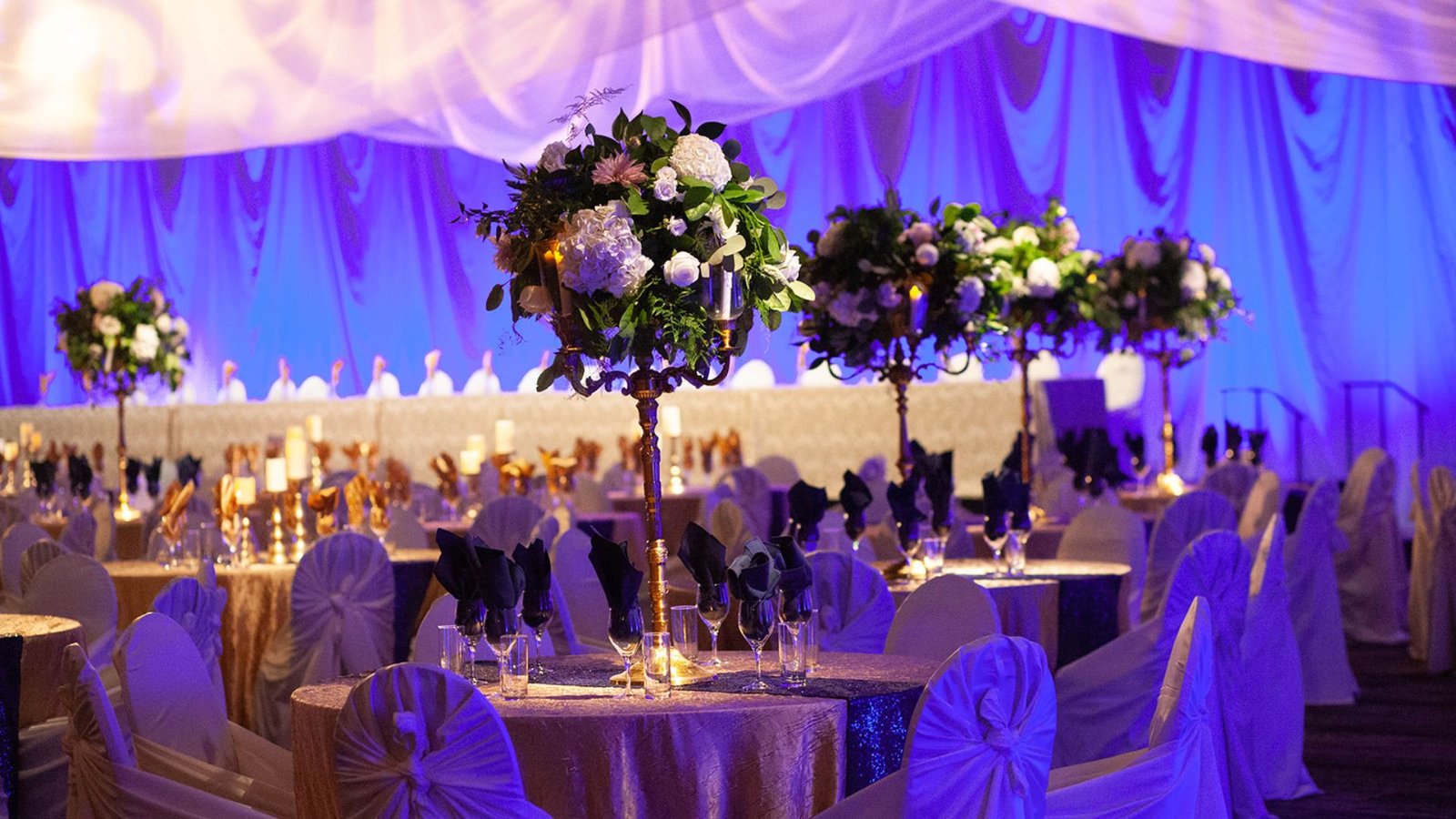When planning a wedding, the venue is one of the biggest expenses. It’s crucial to compare wedding venue prices to ensure you stay within your budget while finding the perfect location. Understanding what affects pricing and knowing how to evaluate different options can make this process much easier. Let’s take a look at how to compare wedding venue prices effectively.

Celebrating Irish Weddings and Leisure
Irish Weddings Online helps couples create unforgettable memories filled with love and tradition. After the celebrations, taking time to relax and enjoy some entertainment is well deserved. Explore the excitement of the top 10 online casino for a thrilling way to unwind.
1. Determine Your Budget
The first step in comparing wedding venue prices is to decide on your budget, like when you decide how much you want to spend when playing casino games at gambling360 blackjack. Knowing how much you can spend helps narrow down your options and prevents you from wasting time looking at venues you can’t afford. It’s important to be realistic about what you can afford, considering other wedding costs such as catering, decor, and entertainment. Once you have a clear budget, you’ll have a better idea of which venues fit within your price range.
2. Consider the Venue’s Location
Location plays a huge role in the cost of wedding venues. Venues in more popular or urban areas tend to be more expensive, while those in rural or less busy regions may offer more affordable options. Think about whether you want to get married locally or if you’re open to a destination wedding. Travel costs for guests and accommodations should also be factored into your budget. To compare, you can create a list of venues in different locations and evaluate how the distance might affect the overall price.
3. Check What’s Included in the Price
Not all wedding venues are priced the same. Some include additional services in their package, while others may charge extra for things like furniture, lighting, or linens. Be sure to check what’s included in the price. Some venues offer all-inclusive packages that cover catering, decorations, and entertainment. Others might only provide the space, requiring you to hire external vendors. By comparing what’s included, you can ensure you’re getting the best value for your money.
4. Calculate the Guest Count
The number of guests attending your wedding will also impact the venue’s cost. Many wedding venues charge per guest, meaning the more people you invite, the higher the price. When comparing wedding venues, make sure you know the guest count for each option. Some venues offer discounts for smaller guest lists, while others may have a minimum or maximum number of guests. Understanding how the venue’s price scales with the number of guests will help you make a more accurate comparison.
Celebrating Moments and Enjoying Life
At Irish Weddings Online, we focus on creating memorable experiences that celebrate love and connection. For those looking to add a bit of excitement to their downtime, australia casino online provides an entertaining and interactive way to unwind. Just as every wedding is unique and thoughtfully planned, exploring trusted online platforms can offer fun and rewarding experiences. Combining celebration with leisure brings balance and joy to everyday life.
5. Understand the Time of Year
The time of year can significantly influence wedding venue prices. Peak wedding season, typically in the summer or around holidays, often brings higher rates. On the other hand, off-peak seasons such as winter or early spring may offer lower prices. If you’re flexible with your wedding date, you can compare prices during different seasons and see if you can save money by choosing a less popular time.
6. Look for Hidden Fees
Sometimes, venues add hidden fees that aren’t included in the initial price quote. These fees could include things like parking, security, or cleaning services. Always ask for a detailed breakdown of the costs before making any decisions. Comparing wedding venues involves making sure you understand every fee so there are no surprises later. To avoid unexpected costs, it’s a good idea to read contracts carefully and ask about any extra charges that might apply.
7. Research Reviews and Reputation
While comparing prices is important, it’s equally essential to consider the venue’s reputation. Read reviews from other couples who have used the venue. Positive reviews and testimonials can help you feel more confident in your decision. Check out wedding websites, social media, or Google reviews to see how others felt about the venue’s service, quality, and experience. The reputation of a venue can often give you a clearer picture of whether the price matches the value provided.
8. Negotiate with the Venue
Don’t be afraid to negotiate the price. Many venues are willing to work with you, especially if you are booking during the off-season or have a smaller guest list. You might be able to secure a discount or ask for additional services at no extra charge. It’s always worth asking for flexibility, especially if you’ve found a venue you love but the price is just a bit over your budget. Negotiation can help make the venue more affordable and better suited to your needs.
Enhancing Irish Wedding Planning with Fun and Excitement
Irish Weddings Online is your go-to resource for planning the perfect wedding in Ireland, offering expert tips and inspiration for every couple. While exploring ideas for your big day, visitors can also enjoy a little leisure time at jackpotjill Casino VIP. This combination of wedding planning and entertainment provides a balanced mix of inspiration and excitement. Make your planning journey both productive and fun with unique experiences.
A Fun Digital Pastime: Discover the Coral Sea Online Pokies Experience
Entertainment, much like celebration, is about connection and joy. The Coral Sea online pokies deliver colorful gameplay experiences that bring people together. It’s a fun digital pastime that pairs perfectly with life’s festive moments.
Conclusion
Comparing wedding venue prices requires careful planning and consideration. By determining your budget, evaluating the location, and checking what’s included in the price, you can make a more informed decision. Calculating the guest count and understanding the time of year will also help you find the best deal. Don’t forget to ask about hidden fees, read reviews, and even negotiate with the venue. By following these steps, you’ll be able to compare wedding venues effectively and choose the one that offers the best value for your special day.

